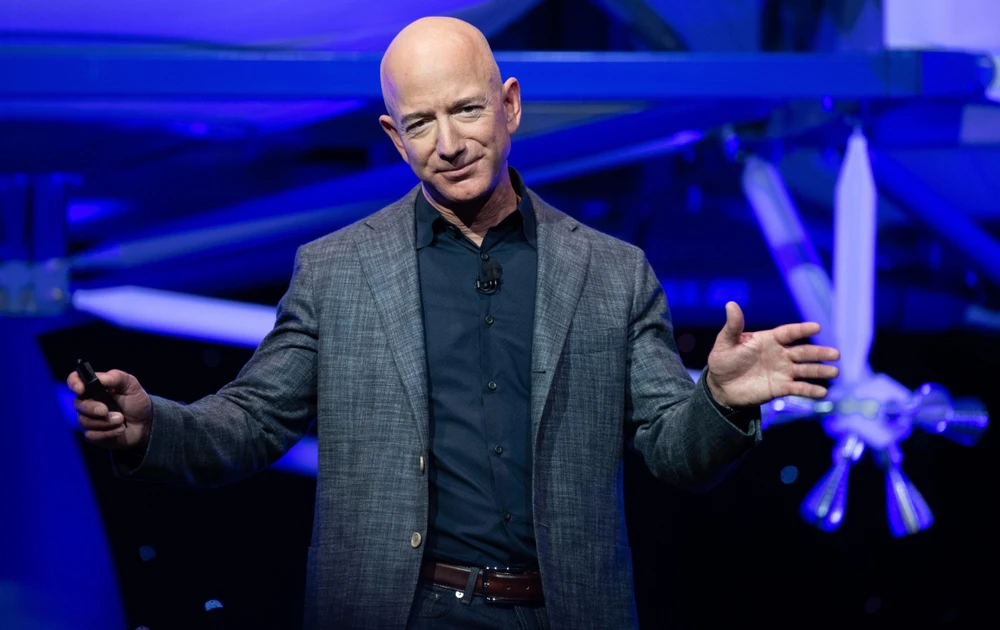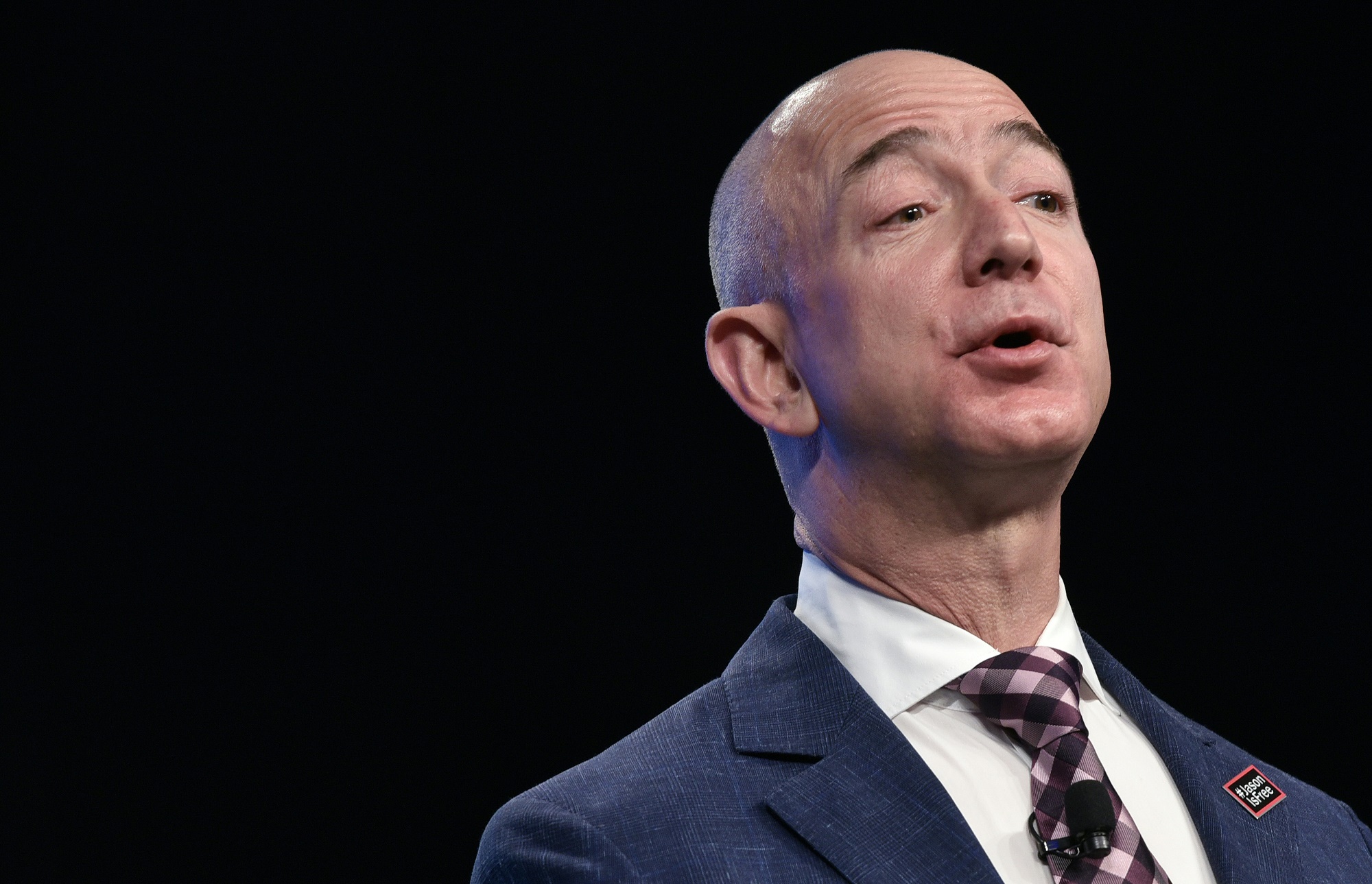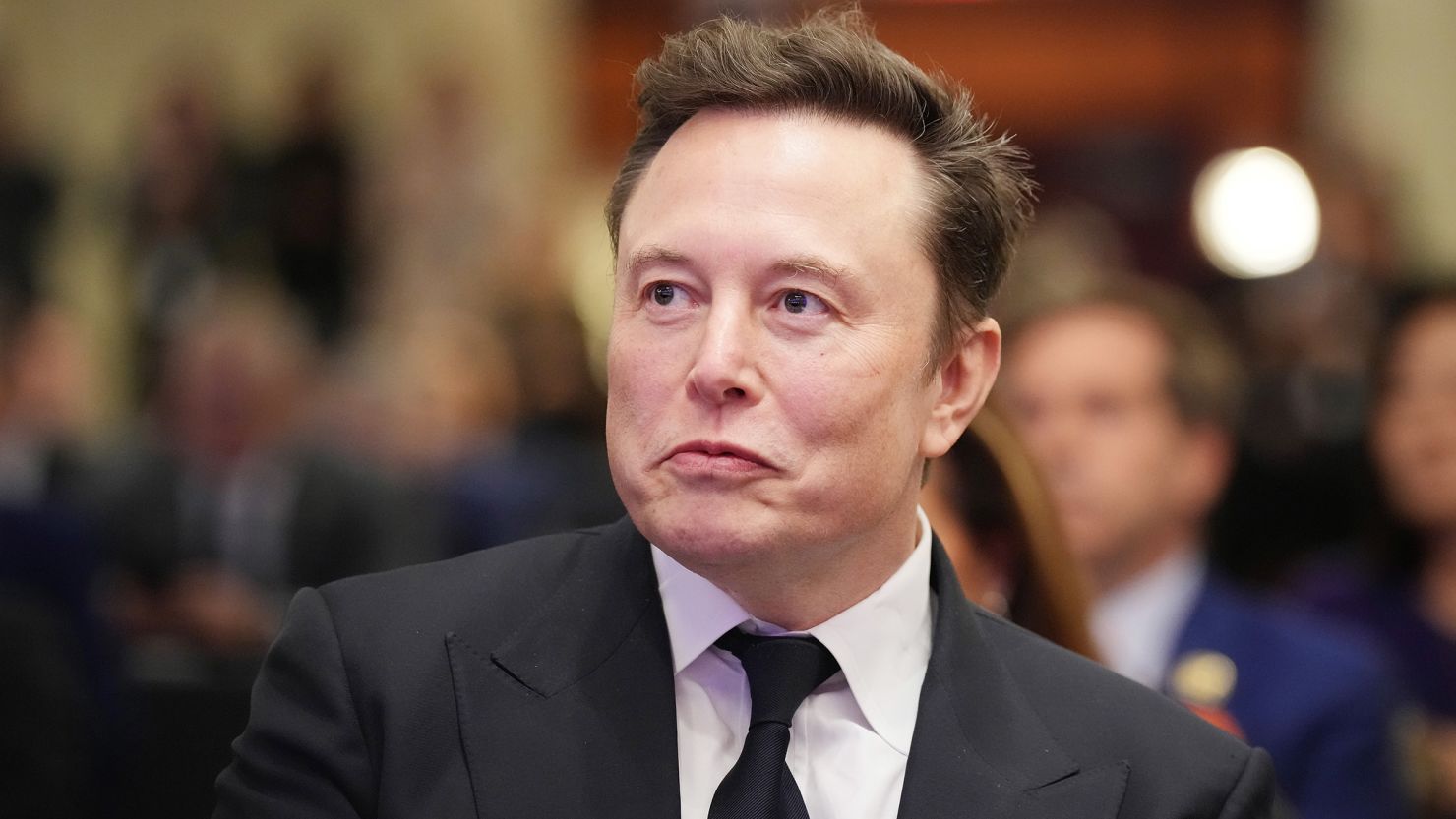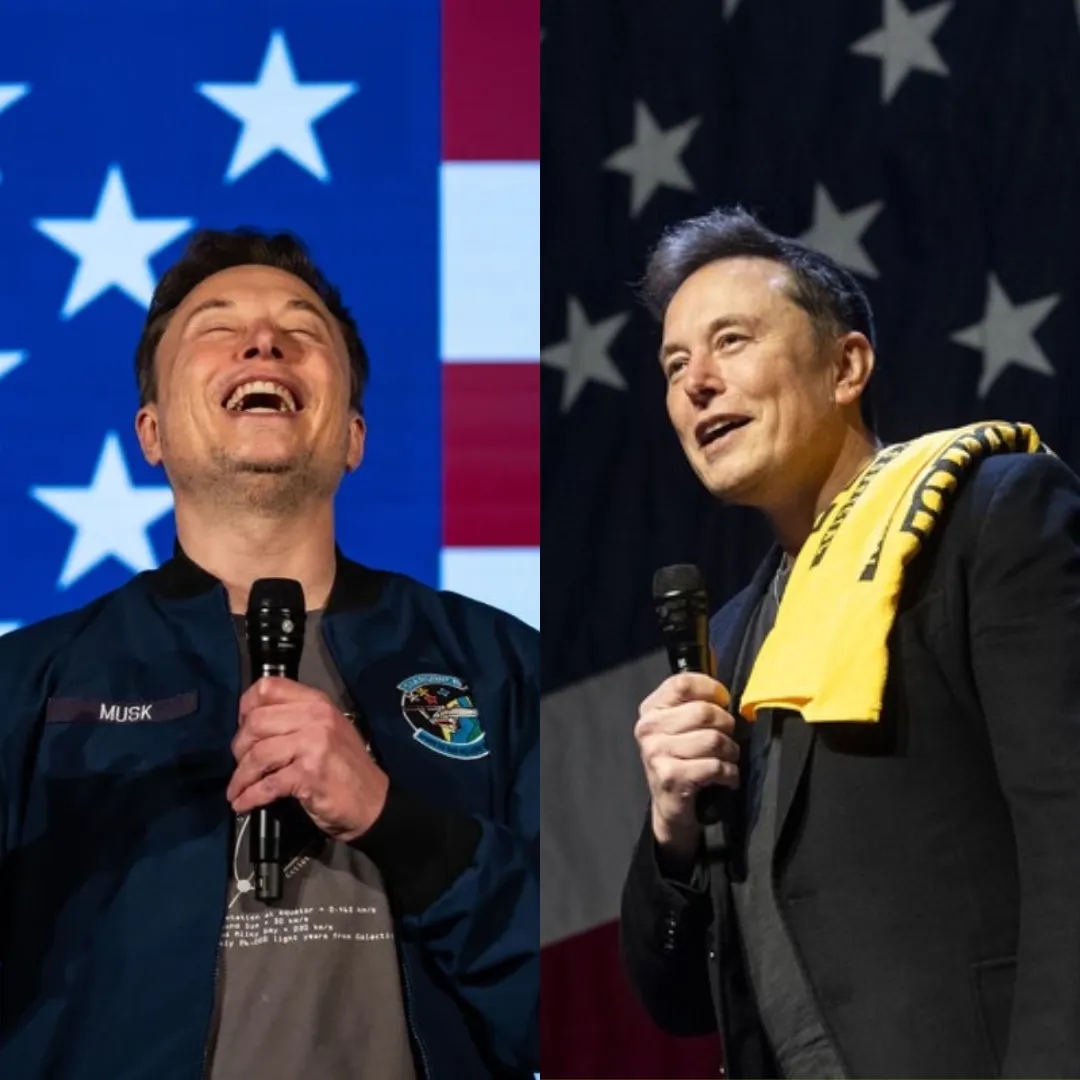
Tesla’s once untouchable dominance in the electric vehicle (EV) market is now facing one of its most serious threats to date—not from legacy automakers or rising Chinese competitors, but from a stealthy startup backed by none other than Jeff Bezos. The Amazon founder, whose rivalry with Elon Musk has spanned rockets and billion-dollar ambitions, is now aiming directly at Tesla’s weakest spot: the stagnating Cybertruck.
With a bold new offering priced nearly $50,000 less than Tesla’s futuristic pickup, Bezos’ Slate Auto has entered the arena with a vengeance, creating a ripple effect that is already shaking investor confidence in Tesla’s direction.
Earlier this week, Tesla stock fell despite a minor uptick following Musk’s vague announcement that he would be stepping back from his role in the Department of Government Efficiency (DOGE). For many investors, this was seen as a positive shift—one that could allow Musk to focus more intently on Tesla’s core operations.
However, the optimism was short-lived. Tesla’s stock has dropped more than 27% year-to-date, and with mounting challenges across production, delivery, and consumer sentiment, the arrival of a new rival product couldn’t have come at a worse time.
The problem with the Cybertruck is no longer about its radical design or delayed release—it’s about market fit and affordability. While Musk spent years hyping up the truck as a symbol of Tesla’s innovation, the reality on the ground is bleak.
Photos shared by TheStreet and other outlets reveal parking lots filled with unsold Cybertrucks, signaling that Tesla is struggling to move the product. Priced at $69,990 for the base model, the Cybertruck is being perceived by a growing number of consumers as an overpriced novelty rather than a practical electric vehicle.
In stark contrast, Slate Auto has burst onto the EV scene with a laser-focused mission: to bring customizable, high-quality electric pickups to market at a price the average consumer can afford. Founded in 2022 and operating in stealth until now, Slate made a dramatic entrance this year, unveiling a product line that begins at just $25,000—before federal EV tax credits that can drop the price below $20,000. For a market that is becoming increasingly price-sensitive, this is nothing short of a revolution.
Slate CEO Chris Barman, a seasoned mechanical engineer with deep experience at Chrysler, is spearheading the company’s ambitious rollout. According to her, Slate’s strategy is not only about pricing but also about design flexibility and reliability.
The company’s modeling system allows customers to customize their electric trucks to a degree that legacy automakers, and even Tesla, have yet to match. With the U.S. economy facing inflationary pressures and middle-class consumers tightening their belts, Slate’s value proposition hits a sweet spot.
Tesla’s struggles go beyond just the Cybertruck. While the global EV market continues to grow, Tesla is losing ground due to a combination of factors, including Musk’s increasingly controversial political affiliations. His high-profile alignment with partisan figures and repeated outbursts on social media have alienated a portion of Tesla’s formerly broad fanbase.
In key markets like Europe and California, consumer sentiment has shifted, and Tesla is no longer seen as the only game in town. As more competitors enter the space, Musk’s personal brand is becoming a liability rather than an asset.

Slate Auto appears to have learned from Tesla’s mistakes. With a polished rollout, minimal drama, and a clear focus on engineering excellence and affordability, the company is poised to capitalize on Tesla’s missteps. Barman’s leadership and experience scaling operations at Chrysler give Slate a critical edge in ramping production.
The company is targeting production of 150,000 units per year by the end of 2027 or early 2028—a goal that, if met, would place Slate firmly in the big leagues of American automakers.
It’s also worth noting the strategic importance of Bezos’ involvement. Though he has taken a step back from day-to-day operations at Amazon, his influence and resources remain formidable. His investment in Slate is not just financial—it’s symbolic.
After years of losing out to Musk in the public eye—especially in the space race between Blue Origin and SpaceX—Bezos may now be on track to beat Musk in one of his core industries. If Slate’s pricing and scale-up strategy succeed, it could force Tesla to slash prices on the Cybertruck or reconsider its product positioning entirely.
Meanwhile, Tesla investors are growing increasingly restless. The company’s Q1 2025 earnings report was underwhelming, with declining margins and a sharp drop in delivery numbers. Musk’s habit of announcing grand visions without clear execution strategies is wearing thin. And with the EV landscape evolving rapidly, competitors like Slate are seizing opportunities faster than Tesla can respond.
There’s also the question of manufacturing and supply chain resilience. Tesla has been battling bottlenecks in battery production, and with ongoing geopolitical tensions affecting rare earth material sourcing, costs are rising.
In contrast, Slate has emphasized local sourcing and modular design, reducing reliance on overseas components and simplifying their production pipeline. This gives Slate a potential advantage in stability and delivery speed—two areas where Tesla has recently stumbled.

Ultimately, what we are witnessing may be a turning point in the electric vehicle arms race. Tesla still holds brand recognition and a loyal fanbase, but loyalty doesn’t sell vehicles sitting unsold in parking lots. With a combination of affordability, strategic timing, and Bezos’ firepower behind it, Slate Auto is emerging as a real contender—and perhaps even the company that forces Tesla to reinvent itself again.
For now, the headlines may be about trucks, but the broader narrative is about control of the EV future. And while Musk once looked untouchable, his throne is no longer secure. Slate Auto has thrown down the gauntlet. Whether Musk can rise to the challenge remains to be seen.


-1745401069-q80.webp)
